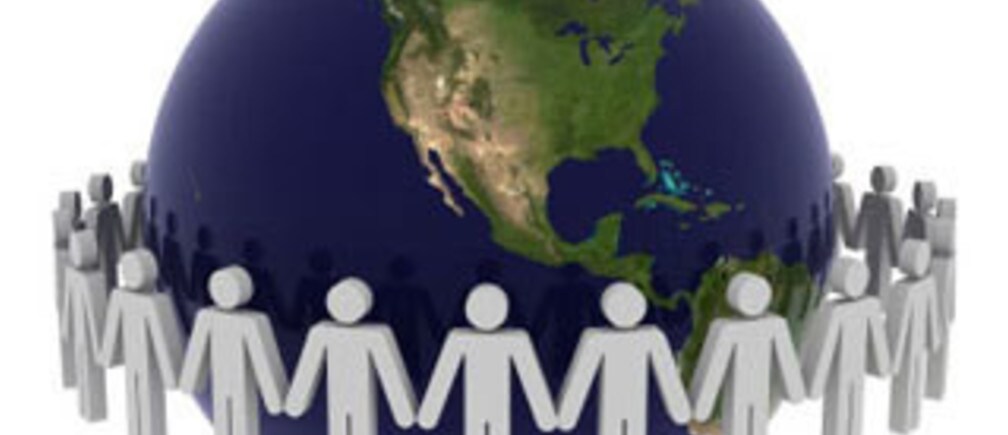Balancing the world through inclusive growth


Get involved with our crowdsourced digital platform to deliver impact at scale
Stay up to date:
ASEAN
Growth has undeniably been the economic goal for the last few decades. It is believed that growth does not only benefit the rich, but can also pull up those at the base of the pyramid and out poverty. But is this always the case?
As many, if not all, government policies and performance indicators are focused on high GDP while ignoring issues that should be their real mandate – food security, the environment and access to healthcare, especially for the poor – I am not really convinced about the “magic of growth” in conventional terms.
At the Mae Fah Luang Foundation, we believe that the mainstream definition and indicator of growth creates greed, which leads to an imbalanced world. We have been witnessing more of this global imbalance as a result of devastating natural disasters, global warming, financial crises and growing poverty. I think it is time to redefine growth, which should refer to the state where rich and poor, economy and environment, grow together (and not the former progressing at the expense of the latter as it is today).
To achieve this ideal goal, all sectors of society – government, business, academia and civil society – have a role to play. We need to change mindsets and modify key performance indicators (KPIs) so we are driven towards a more balanced world.
Staff at the Mae Fah Luang Foundation are trained to answer frequently asked questions when planning a development project. Before spending resources on a project, we always ask: What do people get? What does society, the country and the world get? What does the environment get? We need to be able to answer these questions well before we start implementation.
Should these new KPIs become the DNA of a new generation, especially for leaders, I am more than certain that a new world, with a new definition of growth, is not too far to achieve.
Salakjit Munthamraksa, Programme Manager, Centre for Social Entrepreneurship of the Mae Fah Luang Foundation under Royal Patronage, Thailand; World Economic Forum Global Shaper, Bangkok Hub.
Photo Credit: India Economic Times
Don't miss any update on this topic
Create a free account and access your personalized content collection with our latest publications and analyses.
License and Republishing
World Economic Forum articles may be republished in accordance with the Creative Commons Attribution-NonCommercial-NoDerivatives 4.0 International Public License, and in accordance with our Terms of Use.
The views expressed in this article are those of the author alone and not the World Economic Forum.
Related topics:
The Agenda Weekly
A weekly update of the most important issues driving the global agenda
You can unsubscribe at any time using the link in our emails. For more details, review our privacy policy.
More on ASEANSee all
Rida Tahir
April 9, 2024
Afiq Zarim and Asheesh Sastry
January 16, 2024
Sunarso
January 12, 2024
Joo-Ok Lee
January 12, 2024
UNEP (United Nations Environment Programme)
December 8, 2023
Sassoon Grigorian
December 5, 2023






